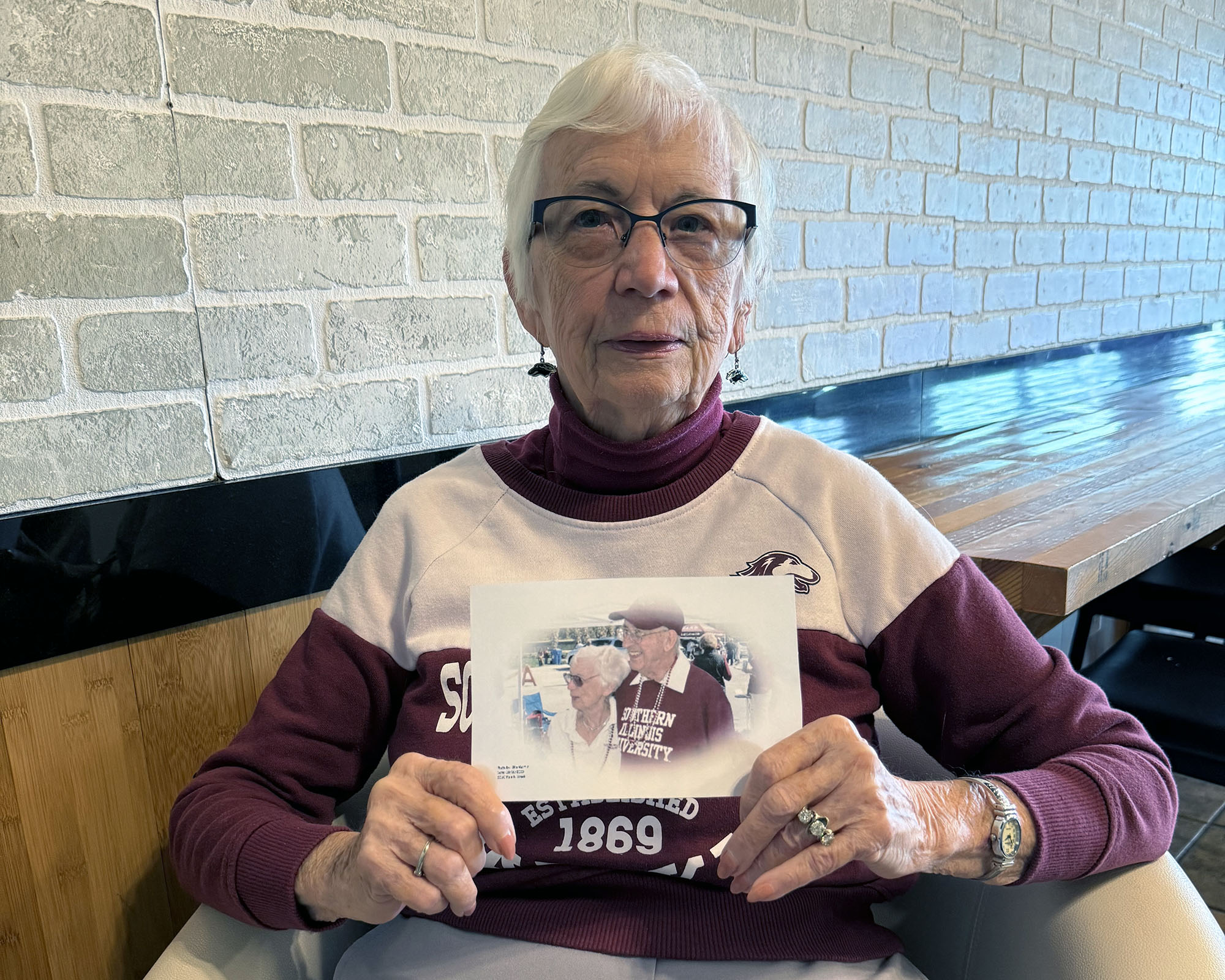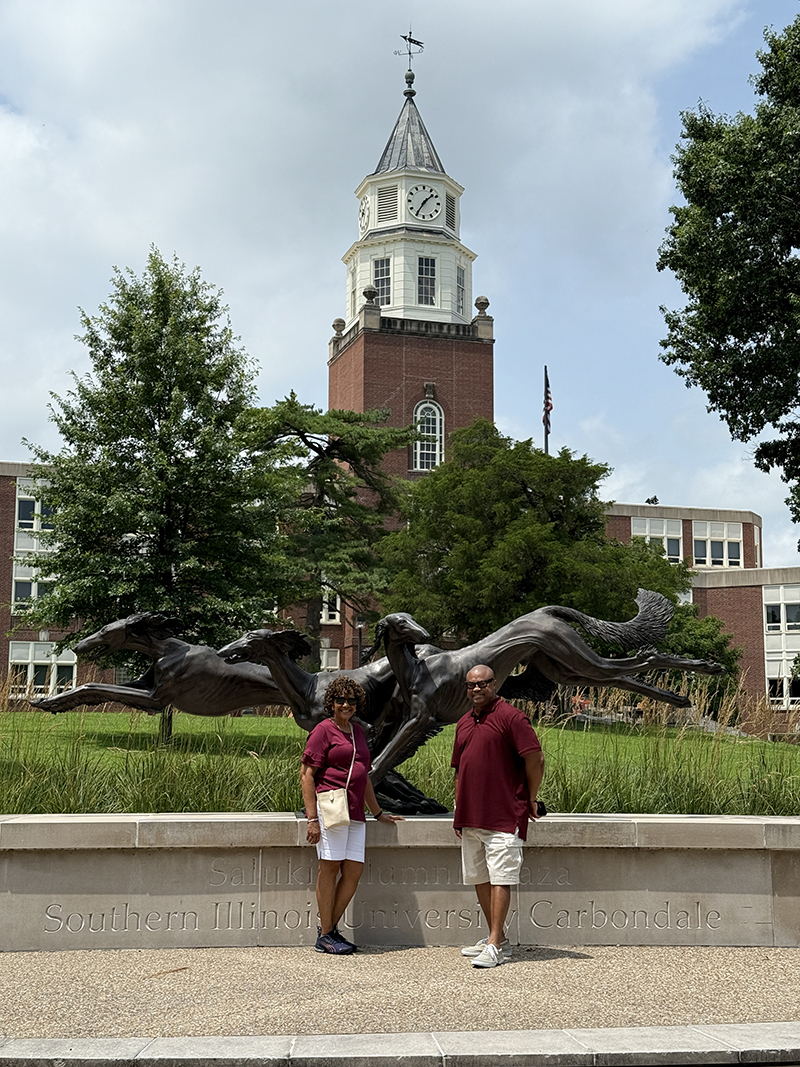
By Ava Steffens
Mark Hart, a proud alumnus of Southern Illinois University, has made significant contributions to his alma mater through his unwavering support. Hart, who graduated in 1989 with a degree in Vocational Education Studies, has a deep-rooted connection to SIU that has only grown stronger over the years.
His dedication to SIU is evident in his philanthropic efforts. With a $75,000 gift, Hart established the Mark S. Hart Scholarship Endowment Fund, which supports students in the School of Education and was created in honor of his mentor, Dr. Bernard DeWulf, who played a crucial role in his journey as a Saluki.
“Dr. DeWulf was like a father figure to me. He encouraged me to stay in the program when I wanted to give up,” Hart said.
Originally from Tampa, Florida, Hart attended classes at Scott Air Force Base near Saint Louis on weekends during his time serving in the military. Despite never being a traditional on-campus student, Hart has always felt a strong bond with SIU.
“I only visited the campus once to go to the bookstore,” Hart recalled. “But I have family members nearby, and that connection has always been there.”
The Vocational Education Studies program was accessible to distance learners through SIU’s satellite campuses when Hart was enrolled in the late 1980s. This allowed non-traditional students to complete coursework on a schedule best suited to their career needs. Many students formerly enrolled through the program served in the military or worked in vocational fields.
Along with his financial contributions, Hart has been actively involved in various SIU events and initiatives. He attended the Black Alumni Group reunion and the Saluki Takeover Tour Florida, stating he was impressed by the passion and knowledge shared by the university representatives.
“The enthusiasm and tidbits of knowledge about what SIU was doing were impressive,” Hart said. “We might be in a small town, but we’re big time.”
Hart’s commitment to education extends beyond SIU. He has worked as a career specialist, helping students prepare for vocational positions, and has been involved in his local workforce board in Florida. His passion for education and helping others is a testament to the values instilled in him by his mother. Hart recalls that she would “cobble together” cash in envelopes for causes she believed in.
“She was always a charitable person, and I just want to follow in her footsteps,” he said while describing her impact on his life. “She was an educator and a humanitarian.”
Looking to the future, Hart hopes to continue supporting SIU and making a positive impact on students’ lives.
“I want to help students who have aspirations but not financial backing or opportunities,” Hart said. “Everyone should be able to do something to make this world a better place.”
Mark Hart’s legacy at SIU is one of generosity, dedication, and a deep connection to his alma mater. His contributions have made a lasting impact on the university and its students, ensuring that future generations of Salukis have the opportunities they need to succeed.
Many students share Hart’s passion, despite never stepping onto SIU’s campus. The university continues to be a beacon of education, leadership, and technological advancement for Salukis all over the country. To learn more about how your contributions can make a difference, visit siuf.org.

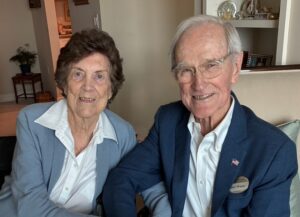 By Britni Bateman
By Britni Bateman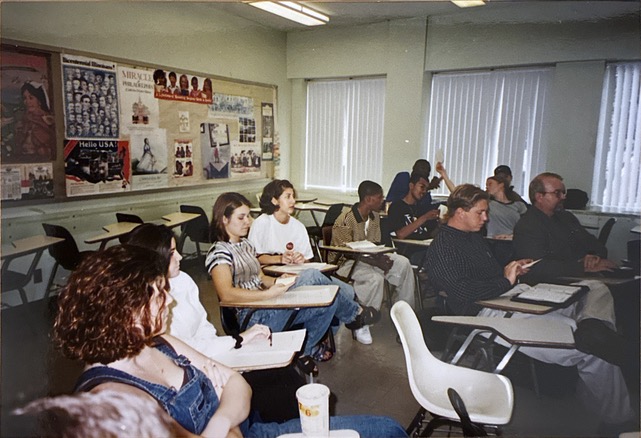
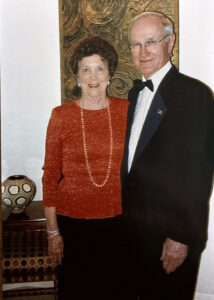 That “something special” became reality when the Winters provided the $25,000 seed gift to launch the SSIF. What began as a class project is now one of the nation’s premier student investment programs, giving hundreds of Salukis the skills and confidence to compete on Wall Street and beyond.
That “something special” became reality when the Winters provided the $25,000 seed gift to launch the SSIF. What began as a class project is now one of the nation’s premier student investment programs, giving hundreds of Salukis the skills and confidence to compete on Wall Street and beyond.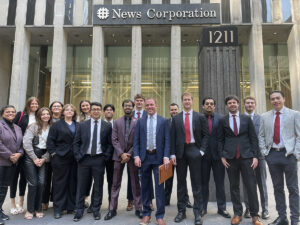
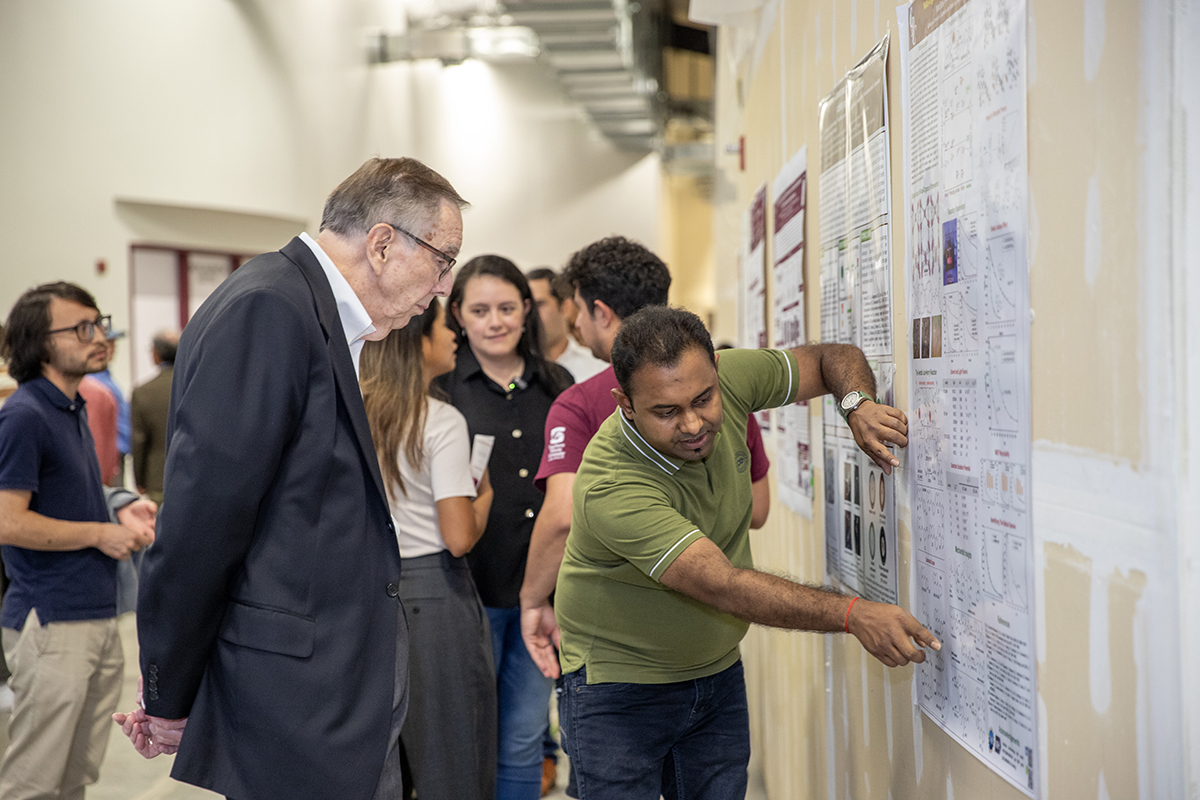

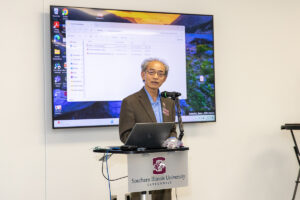 “The Gower Fellowship has a direct and lasting impact on the careers and lives of its recipients. Equally, the unwavering support Bob and Beth Gower have extended to the School of Chemical and Biomolecular Sciences and to SIU is immeasurable,” said Dr. Qingfeng Ge, director and professor of the School of Chemical and Biomolecular Sciences.
“The Gower Fellowship has a direct and lasting impact on the careers and lives of its recipients. Equally, the unwavering support Bob and Beth Gower have extended to the School of Chemical and Biomolecular Sciences and to SIU is immeasurable,” said Dr. Qingfeng Ge, director and professor of the School of Chemical and Biomolecular Sciences.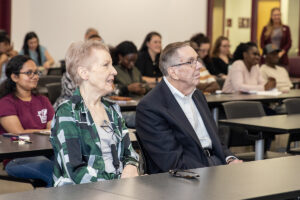
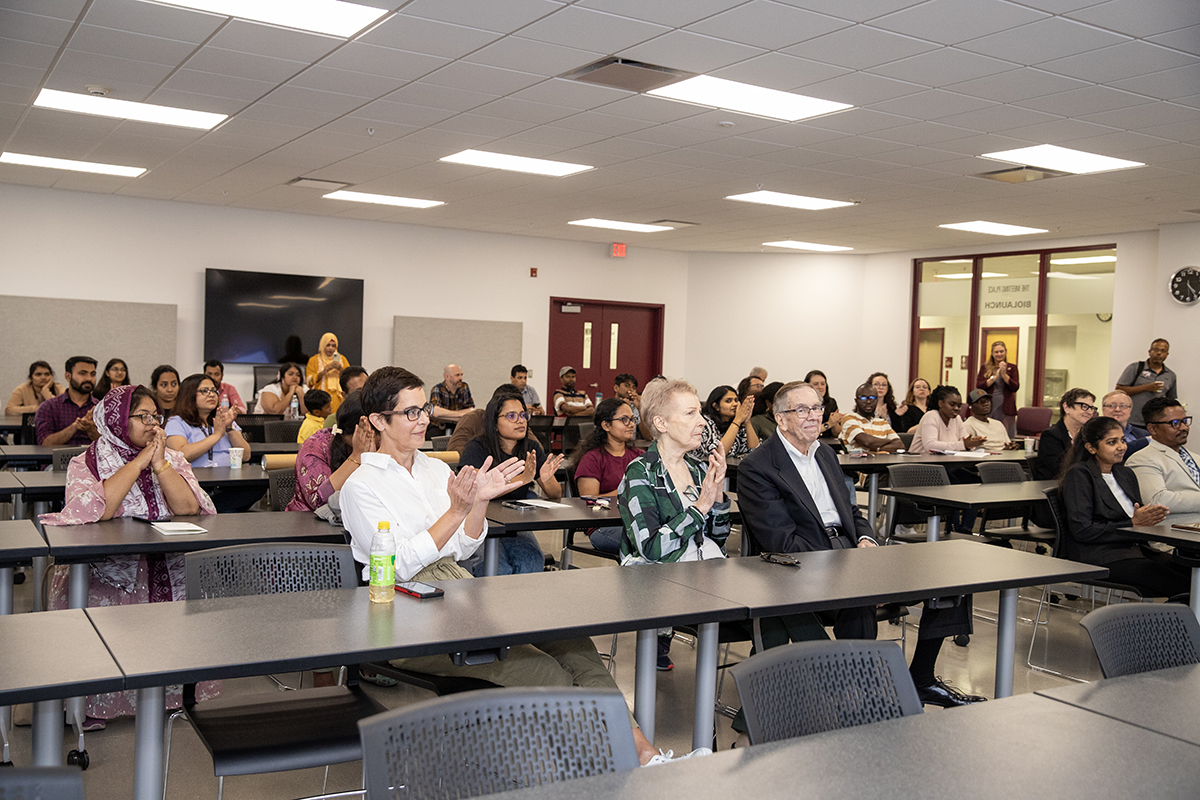

 By Ava Steffens
By Ava Steffens

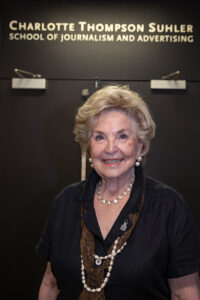 CARBONDALE, Ill. — Southern Illinois University Carbondale made history Tuesday, Sept. 9, as more than 100 people gathered to dedicate the Charlotte Thompson Suhler School of Journalism and Advertising in the College of Arts and Media. The ceremony, held in the hallway of the journalism and advertising wing near the advisement office, honored Suhler’s generous gift to the school and marked the first time in SIU’s history that a school has been named for a woman.
CARBONDALE, Ill. — Southern Illinois University Carbondale made history Tuesday, Sept. 9, as more than 100 people gathered to dedicate the Charlotte Thompson Suhler School of Journalism and Advertising in the College of Arts and Media. The ceremony, held in the hallway of the journalism and advertising wing near the advisement office, honored Suhler’s generous gift to the school and marked the first time in SIU’s history that a school has been named for a woman.